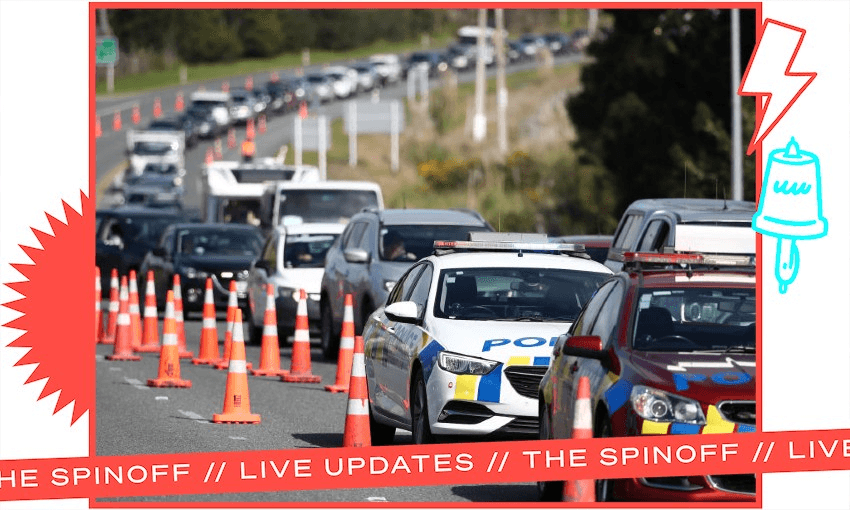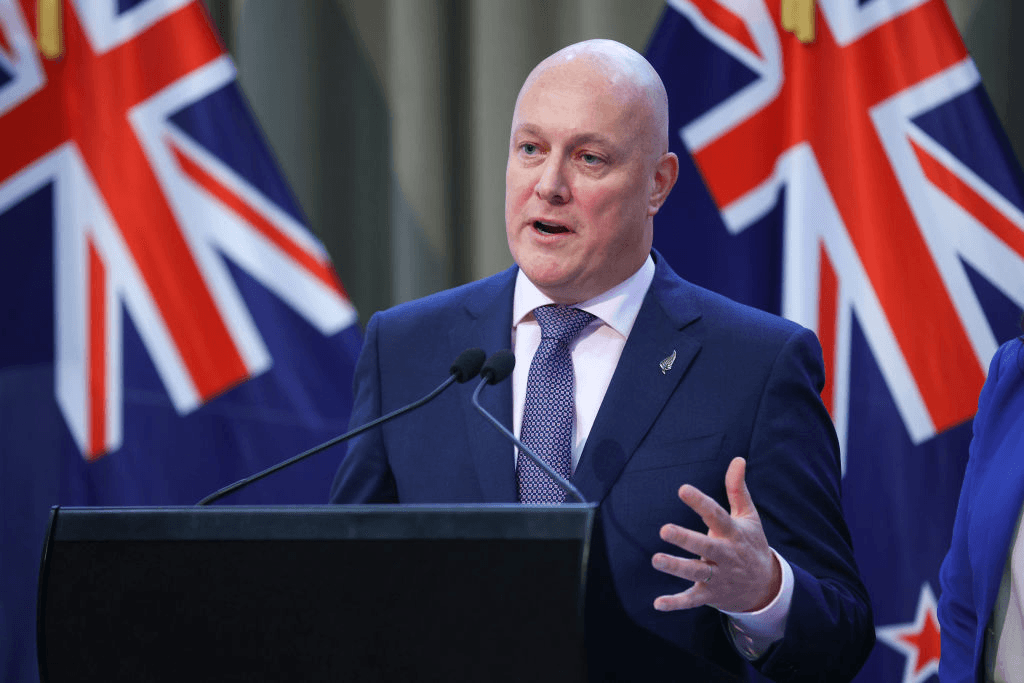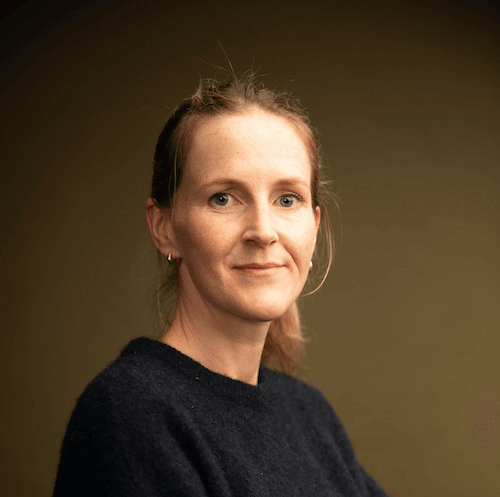A patient with Covid-19 in Tauranga Hospital has died.
The Ministry of Health said that no further details will be released at this stage for privacy reasons. “Our thoughts are with the patient’s whānau and friends at this deeply sad time,” said a spokesperson.
There are 74 new community cases of delta today across Auckland, Waikato, Lakes and Bay of Plenty, and Taranaki. It marks another drop in the daily number of cases being reported. However, of today’s cases, 15 have been reported in Taranaki alone – all in one township.
Sixty-one people with Covid-19 are in hospital, with four in intensive care.
Today’s case details
There are 56 new cases being reported in Auckland. “The number of community cases in the Auckland region decreased for the third consecutive week, with 22% fewer cases than the week prior,” said the Ministry of Health. “This decline is mirrored across all three Auckland Metro DHBs.”
Health and welfare providers are now supporting 1,971 people to isolate at home, including 474 cases.
In the Waikato nine new cases were reported overnight: five are in Te Kūiti and four are in Hamilton. All are currently under investigation for links to previous cases.
There are seven cases to report in Tauranga today. Four are linked to previously reported cases, while the other cases are still being investigated for potential links. Contacts are being identified and will be contacted for testing and isolation advice.
The one new case in the Lakes DHB area is in Rotorua. Links to other cases are being investigated.
Fifteen new cases have been reported in the Taranaki township of Eltham. As these 15 cases were reported overnight, they will be officially added to our case figures tomorrow. “The cases are self-isolating and initial interviews suggest they are all linked to the Eltham case reported on Sunday – with links to four of these new cases already confirmed,” said the ministry.
The majority of these new cases are in pupils who usually attend a school in Eltham, which is now closed for the summer break. Local public health officials are already working with the school on public health advice for the school community, including isolation and testing for some individuals.





